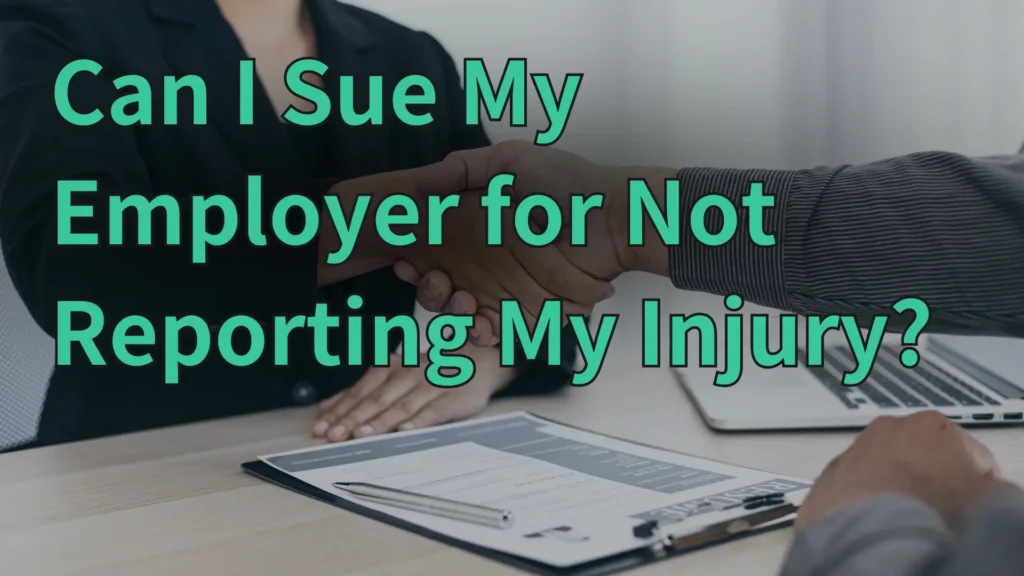
When a workplace injury has disrupted your life, you’re likely experiencing significant physical pain, emotional turmoil, and financial strain. Employers have a duty to report these incidents, and if they neglect this duty, they make your situation worse. You may wonder, “Can I sue my employer for not reporting my injury?” You may have legal recourse in this situation, and a St. Louis worker’s compensation lawyer can help.
Employers have a legal responsibility to report workplace injuries. This mandate stems from federal and state regulations designed to safeguard workers and ensure the proper handling of workplace injury claims. The Occupational Safety and Health Administration (OSHA) mandates that employers report severe injuries within strict timeframes. What happens if an employer does not report an accident? When employers neglect this duty, they violate these regulations and potentially jeopardize their employees’ well-being and right to workers’ comp benefits and other compensation.
Several factors may drive an employer’s decision to withhold injury reports:
Regardless of the underlying motivation, failure to report injuries constitutes a serious breach of an employer’s legal and ethical obligations.
When employers neglect to report workplace injuries, a variety of negative outcomes may ensue:
Employees confronted with an employer’s failure to report their injury can pursue several potential courses of action:
Before deciding to sue against an employer for failing to report your injury, you should carefully consider several factors:
To protect your rights and interests following a workplace injury:

An experienced workers’ compensation attorney can provide valuable assistance when dealing with unreported workplace injuries. They will:
Goldblatt + Singer has the knowledge, experience, and dedication to guide injured workers through these complex situations, fighting tirelessly to protect their rights and secure the benefits and compensation they deserve. If you’ve suffered a workplace injury that your employer failed to report, understanding your rights and options will protect your health, financial stability, and future. Our dedicated attorneys stand ready to assist you in navigating this challenging situation. Our law firm is eager to help you receive the compensation you deserve. Contact us today at (314) 231-4100 for a free, confidential consultation.